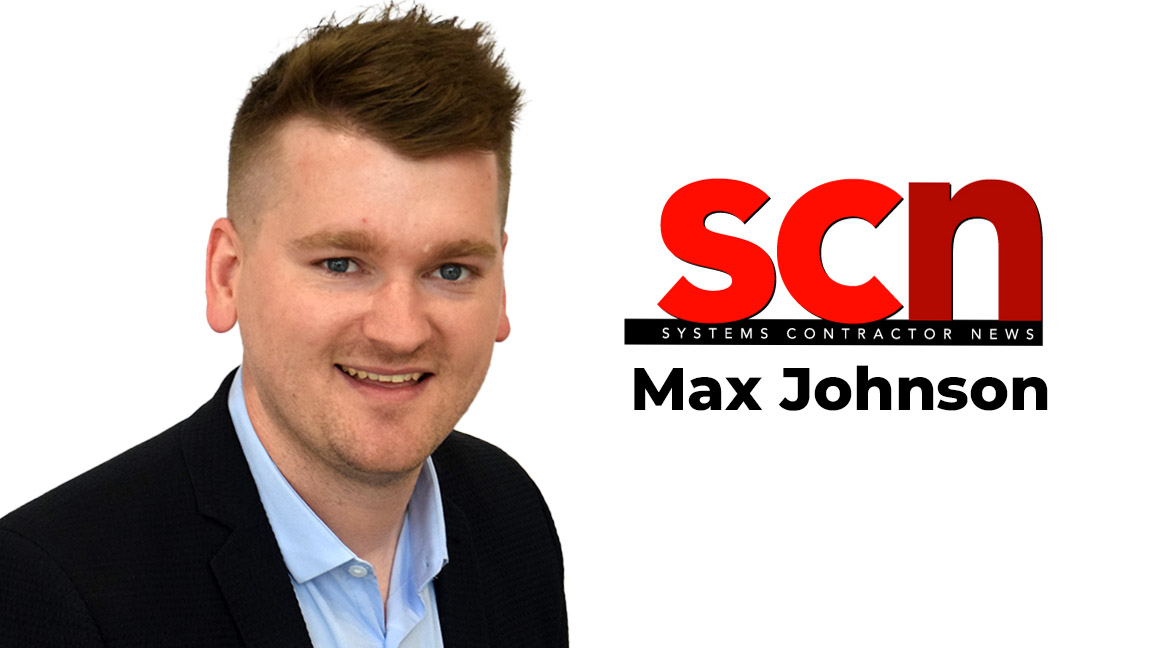Running Up That Hill
A daily selection of features, industry news, and analysis for AV/IT professionals. Sign up below.
You are now subscribed
Your newsletter sign-up was successful
SCN: What is your position, and what does it entail?
Alan Marc Smith: I have been with Electrograph as CEO for eight months. From a broad perspective, I'm responsible for the strategic planning and guidance of the company. Having been up the hill a couple of times with a couple of different companies, my skill set is growing companies, integrating them and giving them larger platforms. I tend to be involved in the operational components.
How has your background prepared you for your new role?
I came out of school with a degree in economics, so I have a core finance background. Working for Oracle, Synoptics (which was ultimately acquired by Nortell Networks) and Westcon Group, I gained a balanced background; I've been involved in sales and marketing, finance, operations, M&A. I've got enough of a varied background that I think I can understand everything from the person who works in the warehouse, through the sales reps, through the credit and collections people, which I think helps me greatly in understanding their needs. With all the learning experiences, I gained the skills to understand that business is not just about revenues, but it's about managing people and helping them grow, since they are what ultimately makes the revenue possible.
What are your short- and long-term goals?
We've completed our first acquisition, with ActiveLight and CineLight, which will add $100 million to our existing $200-million run rate. When we bought the business it was about $160 million. Starting up the slope in the right direction in eight months makes me feel good about the decision we made to buy it, as well as for the strategic concept behind it: there was a fast-growing market with great channel opportunity and there was a need for consolidation. And so far, most of the strategic components have fallen into place quite nicely.
The short-term goals have to build to the long-term goals. I've stated publicly that my first goal for Electrograph is for it be a billion-dollar company. Given the fact that we're at $300 million after eight months, I'm not saying that it's going to happen overnight, but we're going to continue to scale the company towards a billion dollars. As we scale, we need to have a bigger impact on the market. We need to deliver to our customers. If we do our job well, our customers should be able to focus more on the custom components that can only be done by them.
What is the greatest challenge that you face?
A big challenge is that if you take on too much too quickly, you not only dilute your value but you distract and confuse people. We need to be one of the leading distributors in the display solutions market. As part of being a distributor, you get opportunities to carry other product lines that certainly we could sell well and make money at, but if it's not part of our core competencies, we'll make money for a short period of time, but in the long run it ends up costing us much more.
Where do you see your market heading?
The display solutions market is still very fragmented, and it's a fast-growing market. With prices coming down, you have a much broader market to sell to, and with all the new technologies coming out, you have more opportunities to reach your customer. But how do those pieces of the puzzle fit together? How do you make them work so you're doing something not just for the sake of doing it, but to be part of a solution?
I think the market will continue to consolidate, and we'll be one of the leaders in that. This first acquisition will not be my last-we'll try to target two to four additional acquisitions this year. I'm not losing sight of the fact that the organic business is growing very nicely, so we have to continue to invest in salespeople, infrastructure, warehouses, expanding product lines and portfolios.
A daily selection of the top stories for AV integrators, resellers and consultants. Sign up below.
Are there new initiatives we are likely to see from Electrograph?
We'll continue to look at acquiring businesses that build out our existing platform, which is plasma, LCD, very pro-AV oriented items. Our consumer market is also growing at a fast rate, so we'd like to build our portfolio with some consumer-based distributors. Adding pieces in our existing space, while pursuing the consumer side is how we're going to get to a billion.
